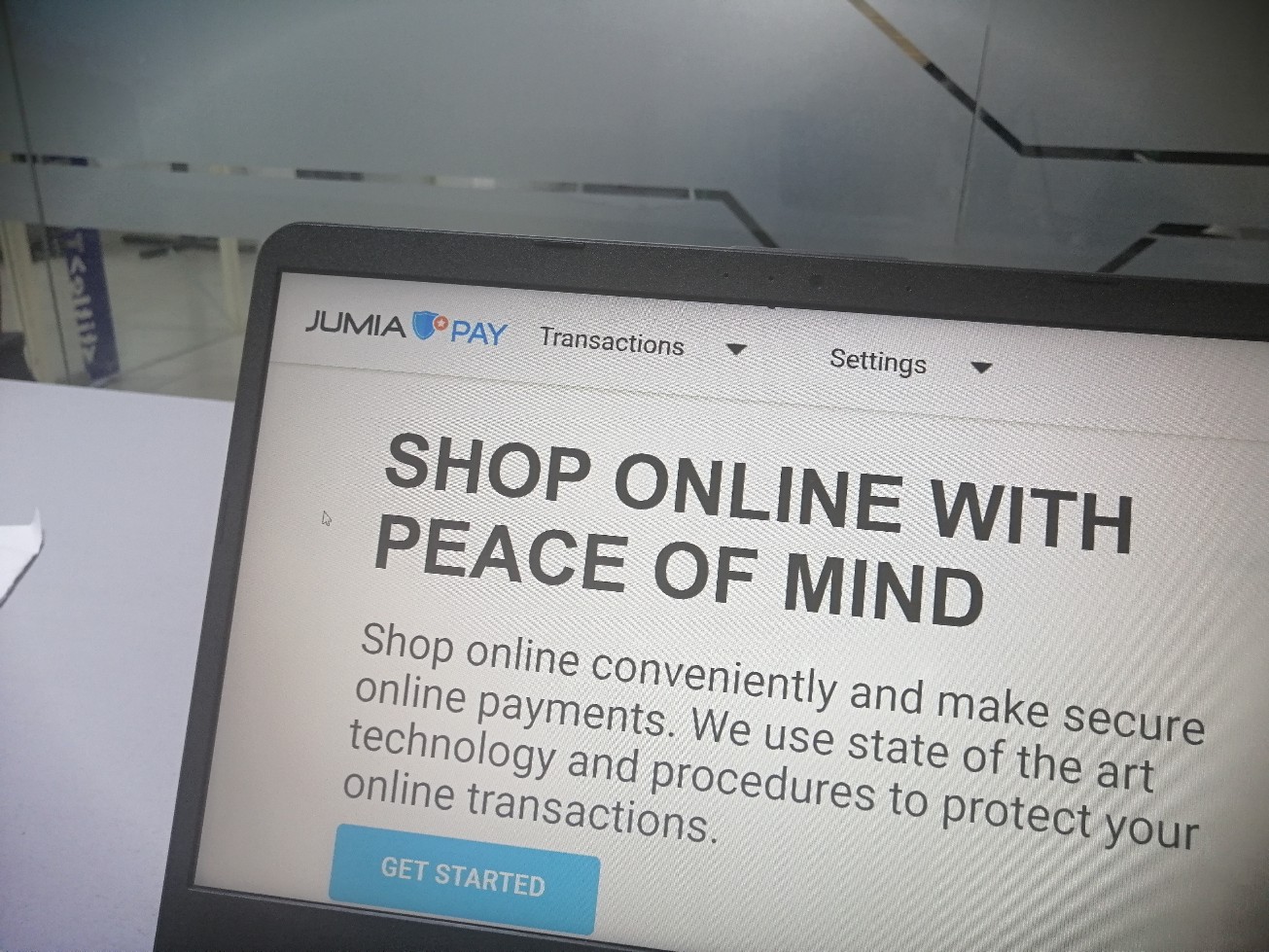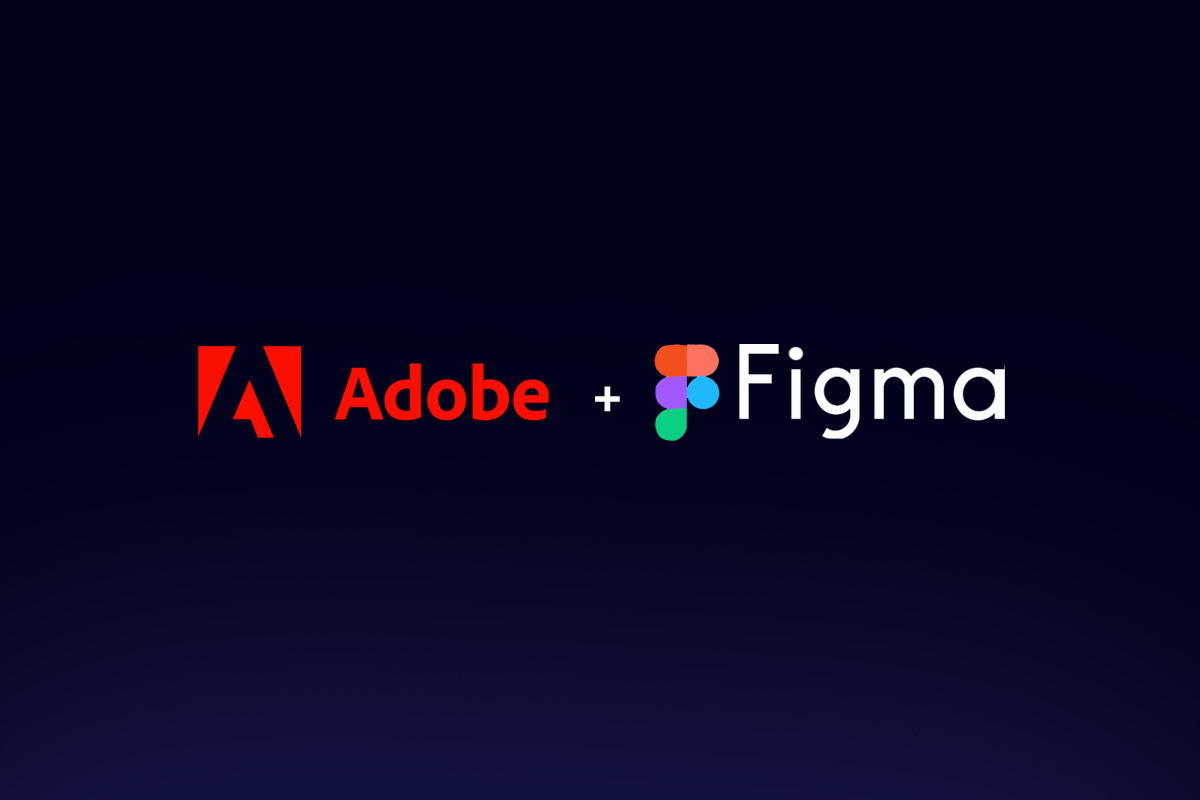Building on the successes of previous years, fintech companies kept up disruptive activities in the financial sector in 2019, looking to plug perceived gaps with tech-aided solutions.
Buoyed by massive funding, and with services ranging across different sectors, so far, there appears to be a web/app-based solution for everything money related, be it personal finance, financial inclusion, digital banking, or insurance, among others.
With the yoke of different charges borne by bank users, a number of platforms emerged, offering free or almost free means of payment and transfers. Fintech platforms like Kudabank, Rubies, Chipper Cash, OPay and, PalmPay all came with relatively lighter yokes and easier burdens as alternatives.
OPay stormed the market early in 2019 by charging ₦10 for inter-bank transfers until it switched strategy by increasing transfer charges to other banks and keeping it free for transfers within the app, in order to keep users on the platform.
Suggested Read: OPay transaction fee hike is aimed at keeping users within its ecosystem
Worthy of note is the fact that Kuda Bank is also offering 25 free inter-bank transfers every month and charging ₦10 for subsequent transfers and another, Rubies digital bank also offers a flat rate of ₦21 for interbank transactions while offering its customers free debit cards and near-total freedom from other bank charges.
In a move many believe could possibly affect the likes of Kuda Bank and Rubies, the Central Bank of Nigeria (CBN) recently released a revised guide to charges by financial institutions that will change fees related to electronic banking, such as bank transfer charges and ATM card maintenance fees, beginning from January 2020.
As stated in the guideline, charges for electronic funds transfers will no longer be the standard ₦50 (₦52.5k). From January 1, 2020, transactions of:
- ₦5000 and below will attract a ₦10 fee
- ₦5001 - ₦50,000 will attract a ₦25 fee
- Transfers from ₦50,001 and above will attract the standard ₦52.5k charge
Besides transfer charges, ATM card maintenance fees for savings accounts will now be charged on a quarterly basis instead of the regular monthly charges of ₦52.50k while customers will pay ₦35 after the first three withdrawals from ATMs of other banks.

Join over 3,000 founders and investors
Give it a try, you can unsubscribe anytime. Privacy Policy.
For Nigeria’s apex bank, this directive was made to deepen financial inclusion and reduce the burden of bank charges on consumers of financial services.
According to reports released by ten commercial banks in Nigeria, in the first nine months of 2019, about ₦135 billion (~$372 million) was generated in fees and commissions charged from customers using electronic services.
David (not real name) who works with one of the fintech companies in question emphasises that while CBN's revised charges appear to favour the masses at the expense of such massive revenue for the banks, it still leaves a lot to be desired considering the fact that users have to pay ₦25 and ₦50 for transfers above ₦5000 and ₦50,000, respectively.
Suggested Read: ₦50 stamp duty: A case of 1 step forward and 5 steps back for CBN’s cashless initiative drive
Banks are financial institutions meant to deepen financial inclusion and encourage saving habits, but while some fees have been reduced to a seemingly tolerable extent, an awful lot is still required to access the Nigerian banking sector, some of which include:
- USSD charges of ₦4 for every 20 seconds (for some Telcos)
- SMS alert (Credit, Debit and One-time passwords) charges at ₦4 each
- ₦50 stamp duty for point of sale (POS) transactions above ₦1000 (reportedly suspended)
- Charges on cash deposits and withdrawals above certain limits
- Current account maintenance fee of ₦1 per mile
- Statement of account request charge of ₦20
- ₦2500 hardware token etc.
David also insists that the new guidelines might not be enough to shake off the value proposition of fintechs. On the contrary, fintech users could increase once a larger number of people are aware of the incentives these fintechs offer.
A telling example of this is OPay's recent strategy of attracting users to the platform through the creation of other services that redirect to the payment platform within its rapidly expanding super app.
He further says that even if banks can now offer relatively cheaper means of transfers, it is still a far cry from what is currently obtainable on some fintech platforms.
This is especially true considering that users can have 25 free transfers every month with the likes of Kuda or in the case of PalmPay, just ₦10 for bank transfers up to ₦200,000.
Similarly, a few months ago, the CBN gave a directive to deposit money banks (DMBs) ordering them to give out more loans or face penalties. Since this ultimatum was given, bank credit reportedly grew by ₦1.16 trillion ($3.2 billion) between May and October 2019.
Before this, the vacuum left by commercial banks that were tight-fisted with loans was filled by startups offering collateral-free loans to customers with very few questions asked.
Currently, there are several apps owned by commercial banks offering quick loans with even lower interest rates than normal loan apps.
Suggested Read: Seemingly driven by fear, Nigerian banks have become everyone’s competition
In the case of payment platforms or digital banks, the unique proposition that allows customers to make free transfers or pay next nothing is still relevant for now.
However, with CBN's renewed verve, digital banks or payment platforms may be one or two regulations away from direct competition with commercial banks as is in the case with quick loan platforms.
In light of this, David admits that another downward review of charges might be required in order for fintechs to stay ahead.
With the slash in transfer fees, more credence is given to our previous piece earmarking Nigerian banks as everyone’s competition but this time, startups might have to factor in regulatory bodies.





















